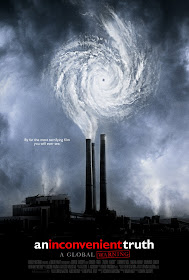A House of Commons committee suggested last week that the U.K. Parliament create a personal carbon-trading scheme for all citizens of the United Kingdom. It was the strongest statement yet by any government in favor of an individual cap-and-trade system for buying and selling greenhouse gas emissions.
Personal carbon trading would provide a set "carbon emissions allowance" to each citizen and establish a national carbon budget. Individuals would then be able to trade their carbon credits with one another on a designated carbon market if they chose to purchase additional energy or to partake in activities that would exceed the allowed emissions limit, such as riding a plane.
Seems logical to me, but there will be adjustment pains. Seemed logical to Tim Yeo, the committee chairman, when he told the BBC ,"It's the single best instrument to encourage every man, woman, and child in the country to make a low-carbon choice every day. The problem with green taxes is they tend to bear most heavily on poor households. This way poor households will be able to make cash rewards for their decisions."


